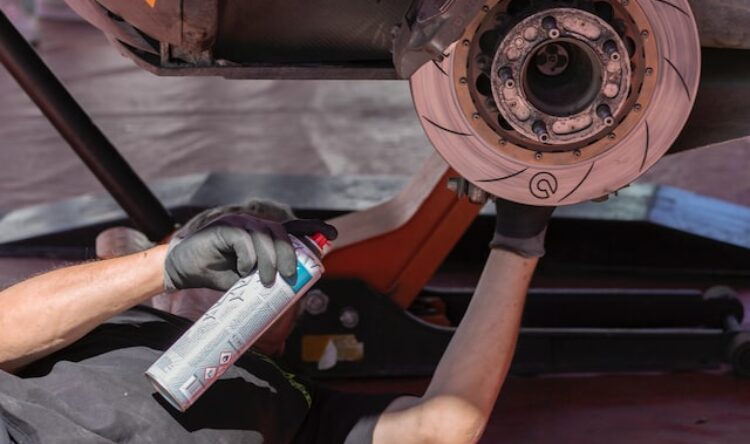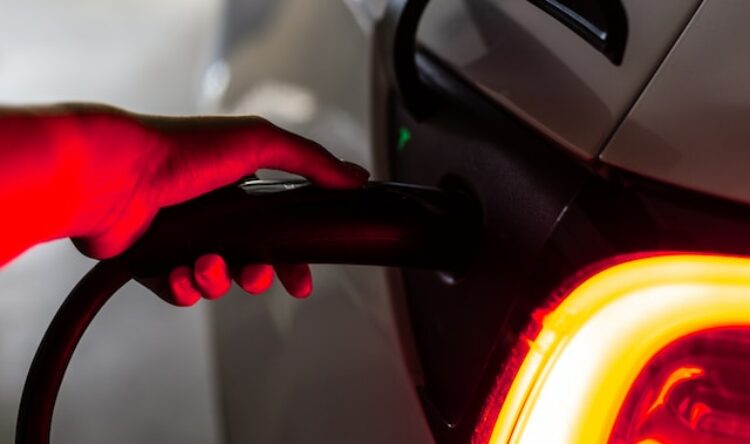MoT needs to evolve
Public support for updating the MoT for the modern era
The future MOT needs to reflect the changing environment according to new research.
Measuring the emissions from electric vehicles (EVs) has been criticised for not taking account of how the electricity used to charge the vehicle has been generated.
Under the current MOT, the test measures emissions from a vehicle’s engine, therefore a purely electric vehicle registers zero emissions.
Plugging into change
In the latest study for Kwik Fit, 45% of drivers said they believe that the MOT should take into account emissions from electricity generation.
Only 27% believe that the source of electricity should not be considered in the test. Another 28% said they didn’t know.
The practicalities of assessing the electricity used are significant. It would require information to be relayed from the charging systems to the vehicle. With the high number of different providers and charging points, keeping records could be difficult.
A central record of all charges and their sources would be needed for each vehicle. This would have to be accessible by the MOT testing equipment. Furthermore, data standards would need to be put in place.
The challenge
Eric Smith, MOT scheme manager at Kwik Fit, explains that this would “require multi-industry standards to be set up”. Complicated, the test “may not be the best way to ensure drivers are opting for cleaner energy”.
He adds that the “research does highlight that millions of drivers believe there should be a way of testing overall emissions for vehicles using electricity”.
Currently, hybrid vehicles are not tested for emissions, despite the fact that they still run on petrol or diesel. Though this is only part of the time, “perhaps the first change to make should be to include emissions testing for hybrids”.
Tech needs checks
Other areas of modern vehicle technology have also been highlighted for inclusion in the test. For example:
- 52% said that emergency braking systems should be in
- 33% thought that radar, other sensors or cameras used for autonomous driving systems should be checked
- 30% said lane assist technology should be included
- 26% state start-stop technology
- 26% believe parking sensors should also be part of the annual test. Parking or rear-view cameras are also cited by 24% of drivers as worthy of inclusion.
Failure focus
Interestingly, the research found that drivers who have received an MOT failure are most in favour of developing the test. This perhaps indicates that they are more likely to appreciate the important role the test plays in vehicle safety.
“It’s important that the MOT does not become overcomplicated”, says Smith. “Motoring technology is continually advancing and the MOT has always been developed to reflect that”.






